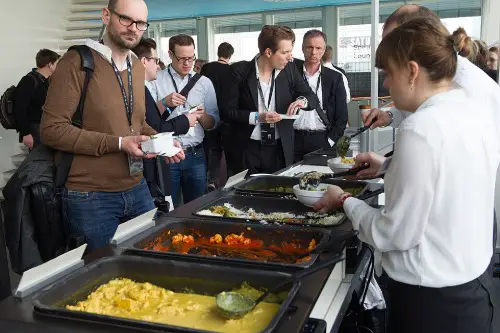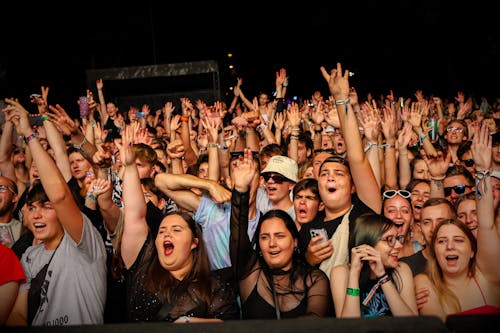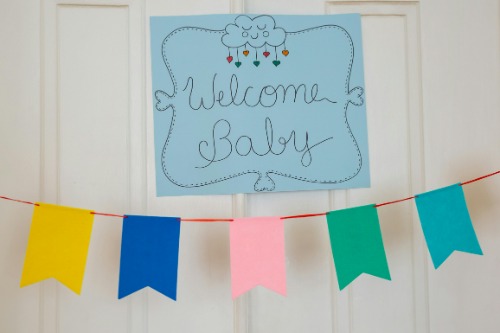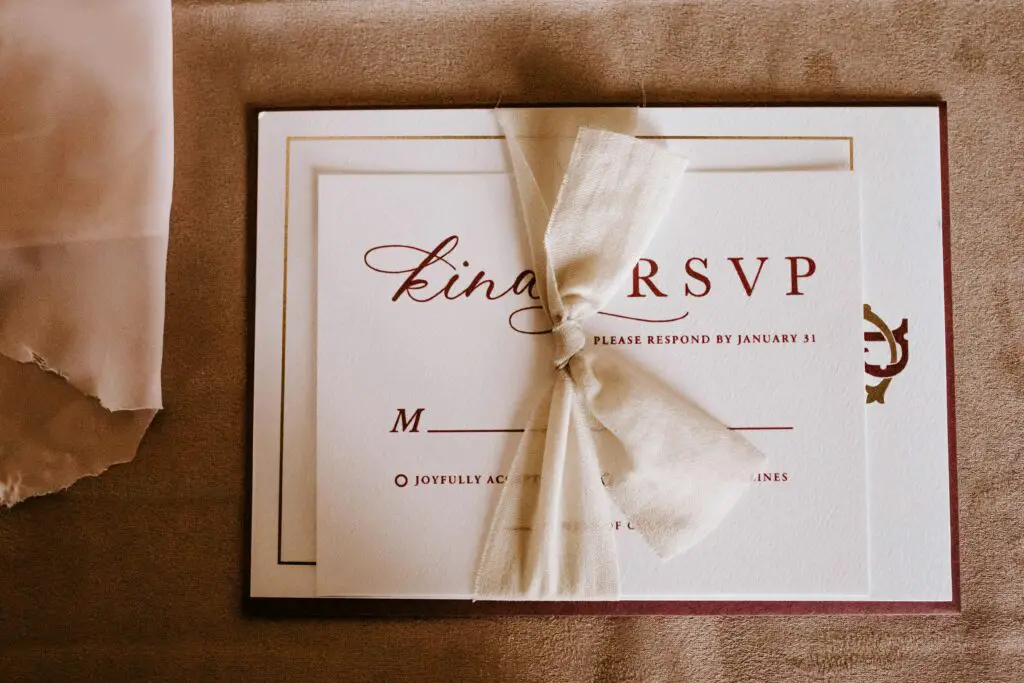1. Over-the-Top Gender Reveal Parties

Americans love to celebrate, but many quietly groan at the extravagance of gender reveal parties. What started as a small cake-cutting has exploded into fireworks, smoke bombs, and even dangerous stunts. A lot of people show up out of obligation, but secretly question whether it’s worth all the hype. These events can feel more like a performance than a family milestone.
Still, social pressure keeps people attending with smiles on their faces. No one wants to be the friend who skips a “big moment.” But behind the scenes, conversations often circle back to wasted money or the unnecessary risks involved. It’s become one of those traditions people tolerate rather than genuinely enjoy.
2. Group Singing of “Happy Birthday”

Almost everyone has felt the awkwardness of standing in a circle while singing “Happy Birthday.” The song is short but painfully uncomfortable, with uneven tempos and forced smiles. Many people admit they hate being sung to or singing it themselves, but no party feels complete without it. It’s less about enjoyment and more about following the script.
Even though few people actually like the tradition, it persists because breaking it feels rude. Parents especially feel guilty skipping it for their kids. Ironically, kids often look embarrassed being the center of attention too. The ritual continues, fueled by social obligation instead of genuine enthusiasm.
3. Office Potlucks

Potlucks are meant to build camaraderie, but many employees quietly dread them. The idea of eating food made in unknown kitchens can make people uneasy. On top of that, it often adds stress to already busy schedules. The event sometimes feels more like a chore than a fun break.
People still contribute because skipping out looks unsupportive. No one wants to be “that coworker” who never brings a dish. The reality is that store-bought options dominate for convenience, and most dishes get barely touched. Still, the cycle repeats because it’s seen as a bonding activity.
4. Tip Jars at Every Counter

Tipping culture in America is already complicated, and tip jars everywhere add to the tension. From coffee shops to ice cream stands, customers often feel pressured to drop in a dollar even for minimal service. It’s not that people don’t value workers—it’s that the expectation feels constant. The guilt makes it hard to ignore, even when it doesn’t feel deserved.
Still, most people comply to avoid looking cheap. Eye contact with the barista often seals the deal. The unspoken discomfort lies in not knowing what’s fair or required. People continue to tip, even while quietly wishing the culture wasn’t so exhausting.
5. Standing Ovations

At concerts, plays, and even school recitals, standing ovations have become automatic. Once a few people rise, everyone else feels pressured to follow. This has watered down the meaning of genuine standing applause. What was once rare and special is now routine.
Many audience members admit they’d rather clap politely and stay seated. But sitting while everyone else stands makes you feel like a killjoy. So, people join in even if the performance was just okay. The ritual survives, not because everyone wants to, but because no one wants to stand out negatively.
6. Networking Small Talk

Work events and conferences often revolve around awkward small talk. People ask the same recycled questions about where you’re from or what you do. Everyone plays along, but very few find it meaningful. The scripted nature makes interactions feel more draining than genuine.
Still, small talk is considered a professional survival skill. Refusing to participate can make you seem unfriendly or disinterested. So, people smile, nod, and exchange business cards they’ll probably never use. It’s endured as a social lubricant rather than something people actually enjoy.
7. Baby Showers with Endless Games

Baby showers are meant to celebrate new life, but many attendees find the games tedious. Guessing belly sizes with string or tasting jars of baby food isn’t exactly thrilling. The activities are often more about tradition than entertainment. Guests usually participate to avoid looking like spoilsports.
Despite the awkwardness, people keep showing up with smiles and wrapped gifts. Saying no to a shower invite feels harsh, especially for close friends or relatives. The games continue because they’re “what you’re supposed to do.” In truth, most guests would rather skip to the food and presents.
8. Over-Polite “Midwestern Nice” Behavior

In some regions, politeness can feel forced. People say “sorry” when you bump into them, or insist they’re “fine” even when they’re not. While it creates a friendly surface, it can also prevent authentic communication. Many secretly wish conversations could cut through the sugarcoating.
Still, rejecting the script risks being labeled rude. So, even those who dislike it often play along with exaggerated niceties. It’s an ingrained habit that few challenge publicly. The cycle continues because it maintains harmony, even at the expense of honesty.
9. Awkward Goodbye Hugs

In American culture, hugging is common—even with acquaintances. Many people, however, find it uncomfortable or unnecessary. The uncertainty of whether a hug is expected adds another layer of stress. Some people would prefer a simple handshake or wave.
But in social settings, refusing a hug can come across as cold. So, people grit their teeth and go along with it. What makes it more awkward is that not everyone has the same comfort level with physical contact. Yet the hug remains a default, even when half the room secretly hates it.
10. RSVP Pressure for Weddings

Weddings are joyous, but the RSVP process creates a lot of silent resentment. Guests often feel guilty if they can’t attend, even when schedules or finances make it difficult. The polite wording on invitations hides the strong expectation of attendance. People end up rearranging their lives just to avoid disappointing the couple.
Still, few dare to skip without a solid excuse. Weddings are seen as major milestones, and not showing up can damage relationships. Even guests who dread the cost or travel say yes anyway. It’s one of those traditions that thrives on guilt as much as love.
11. Overenthusiastic Toasts

At weddings, graduations, or retirement parties, long-winded toasts often drag on. While the intention is sweet, many in the crowd find them more exhausting than inspiring. People smile politely, laugh at the right moments, and wait for the clinking glasses to signal the end. But inside, they wish the speaker had kept it brief.
Despite the eye-roll factor, no one wants to ruin the vibe by complaining. Public speaking nerves also mean many toasts aren’t delivered smoothly. Still, the ritual continues because it’s tied to celebration etiquette. Everyone goes along, even if they’re silently counting the minutes.
12. Holiday Gift Exchanges

Secret Santa, White Elephant, and other gift exchanges are supposed to be fun. But they often leave participants stressing about what to buy or feeling disappointed with what they receive. The forced nature of it can feel more like homework than holiday cheer. Yet skipping out makes you look like a grinch.
People keep participating because they don’t want to kill the festive mood. It’s easier to spend the money and feign excitement than to say no. Ironically, many gifts end up regifted or forgotten anyway. But the tradition rolls on, fueled by obligation more than joy.
This post 12 Social Habits Americans Secretly Hate But Still Go Along With was first published on American Charm.


